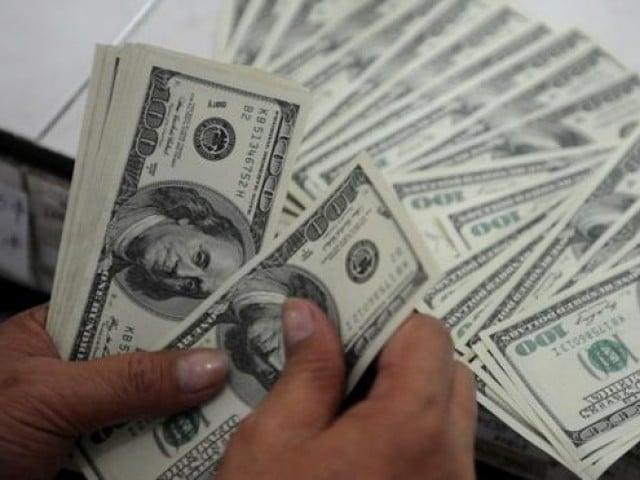Islamabad:
Until now, the coalition government has spent only RS424 billion or less than 40% of the annual development budget reviewed down, impacting construction work and cash flows of hundreds of projects, including the schemes of the provinces and fused districts of Khyber Pakhtunkhwa.
The only exceptions to the lowest expenditure were the projects related to parliamentarians, Azad Jammu and Cashmira, Gilgit-Baltistan and the space research commission and the upper atmosphere (Supparco), showed the official documents.
The official data of the Planning Commission showed that from July to mid -April (nine and a half months), development expenses amounted to RS424 billion or 39% of the annual budget. The Public Sector Development Program reviewed down RS1.1 billion, which extends over 1,071 projects.
According to the release strategy of the Ministry of Finance, 60% of the annual budget can be spent during the first nine months of this fiscal year. But the expense remained below this threshold in at least RS260 billion. This despite the fact that the Planning Commission had authorized the expense of RS890 billion during this period, but the real expenses were much lower than the budgetary expenditure strategy and authorized spending.
When it was contacted, the Minister of Planning, Ahsan Iqbal, said that compared to the last year, the expense during the nine -month period was even higher in RS102 billion. He said that the monthly expense in March of this year was also higher at RS27 billion.
However, the details showed that despite being higher than last year’s expenditure; The general situation was not good, which impacted many projects.
Official documents showed that the budget of RS1.1 billion already approved is not properly spent on the development schemes.
According to these documents, the Government had assigned RS276.5 billion for projects in provinces, special areas and fused districts of Khyber Pakhtunkhwa. But real expenditure until April 15 remained at RS98.5 billion or 36% of the annual allocation.
Within this expense, a amount of RS56.6 billion was spent on AJK and GB projects, which was equal to 76% of the annual budget and higher than the roof.
But in the merged districts of KP only RS15.8 billion or 23% of its assignment of RS70 billion were spent. These fused districts are negatively affected by terrorist attacks and are not developed, but could not attract the attention of the prime minister.
For provincial projects, RS132 billion have been assigned, but the expense remains in only RS26 billion or 20% of the annual allocation.
The Ministry of Planning did not answer a question about annual assignments for Baluchistan and real spending projects during the first nine and a half months of this fiscal year.
But the details showed that there were 200 projects financed by the federal government in Baluchistan with a total cost of RS1.4 billion. These projects need little more than RS1 more for its completion and the Government has already assigned RS130 billion for this fiscal year.
A planning commission official said that the Ministry of Finance was not releasing funds despite authorization due to its commitments related to international monetary funds. But such limitations did not affect spending on the small schemes of the parliamentarians.
Compared to the annual allocation of RS50 billion, RS35 billion or 69% of the annual budget have already been spent on the schemes of the parliamentarians in this fiscal year.
The Annual Budget of the Ministry of Resources Water was RS170 billion and so far RS71 billion or 42% of the annual allocation are spent. The Ministry of Water Resources has already requested additional coverage of RS60 billion to spend foreign loans on their schemes. But so far the Planning Commission has not been able to provide coverage.
The annual budget of the National Road Authority is RS161 billion, but the expense remains in only RS54 billion or just over a third of the annual allocation. The Baluchistan project that will obtain petroleum tax funds is also under the scope of the NHA.
Power Davison’s annual budget is RS95 billion, but the expense is only RS51 billion or just over half of the annual allocation.




